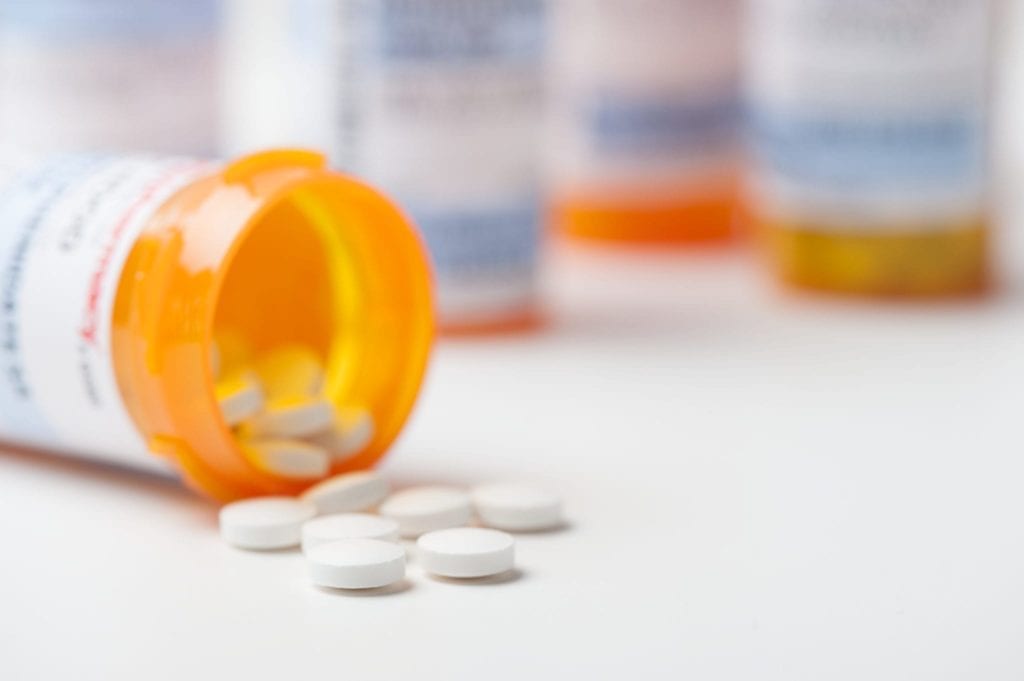Opioid abuse, unfortunately is more common than many realize – affecting 2.5 million Americans and causing 130 fatal overdoses every single day. The problem is that opioids are commonly prescribed to treat pain after surgeries, injuries, dental procedures, and even chronic conditions like cancer. Sadly, 21 to 29% of these patients will eventually misuse their prescription. In fact, about 80% of individuals that use heroin addiction began first misused an opioid prescription.
What is an Opioid?
Opioids are a highly addictive medication prescribed to help relieve pain caused by a number of different situations – from surgery to a toothache. They function by lowering the number of pain signals the body sends to the brain and changing how the brain responds to pain.
The misuse of opioids stems from not taking the medication as instructed by a physician. The medical community is very aware of the addictive nature of the drug; therefore, the instructions on the prescription should be carefully followed to prevent misuse.
Some examples of opioids include opium, codeine, fentanyl, heroin, hydrocodone and hydromorphone, methadone, morphine, oxycodone and oxymorphone, paregoric, sufentanil, and tramadol.
Symptoms of Opioid Addiction
The first step to recovery from opioid abuse, like any other addiction, is to recognize there is a problem. The signs and symptoms of any type of substance abuse can be physical, behavioral, and psychological. The first and clearest sign of a problem is when one cannot stop taking a substance all together or more than the recommended amount is consumed.
An opioid addiction, in particular, has additional symptoms, including:
- poor coordination
- drowsiness
- shallow breathing
- nausea
- vomiting
- constipation
- physical agitation
- poor decision-making
- slurred speech
- euphoria
- irritability
- depression
- anxiety
- reduced motivation
- irregular sleeping (i.e., too much or too little)
Treatments for Opioid Addiction
Both medication and counseling are methods of treating opioid addiction. The two are recommended to be used simultaneously for a thorough and effective treatment. This is referred to as the Medication Assisted Treatment, or MAT. According to the World Health Organization (WHO), buprenorphine and methadone are essential medicines to help opioid addicts.
Advantage Mental Health Center has doctors who have received special training and a license to treat patients with buprenorphine. Because counseling is so important to encourage an effective recovery from opioid abuse, the patient must be willing to participate in counseling to be prescribed the medication. If you are interested in this treatment for yourself or a loved one, contact Advantage Mental Health Center today for a consultation and explanation of the program.


